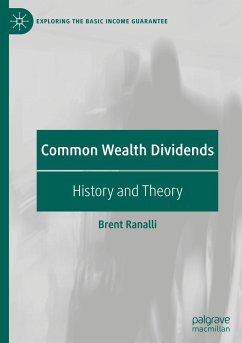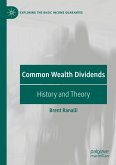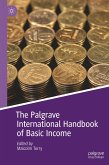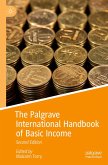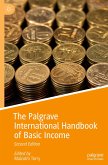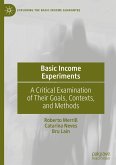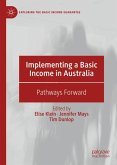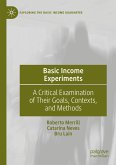Common wealth dividends are universal cash payments funded by fees on the private use of common resources like land, minerals, and the atmosphere as a carbon sink. Thomas Paine's 1797 pamphlet Agrarian Justice and Alaska's Permanent Fund Dividend are staples in the literature on Basic Income, but there is much more to common wealth dividends beyond these highlights, and common wealth dividends have a distinctive ethical justification and distinctive policy implications that merit discussion. This monograph, the most comprehensive study of common wealth dividends to date, will be of interest to students, teachers, and advocates of Basic Income and those in the field of environmental studies, including sustainable development, natural resource management, and climate policy.
Bitte wählen Sie Ihr Anliegen aus.
Rechnungen
Retourenschein anfordern
Bestellstatus
Storno

